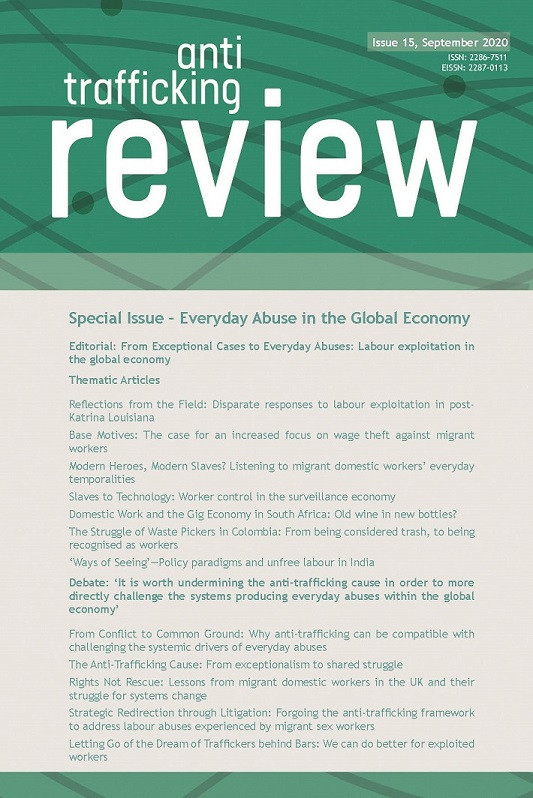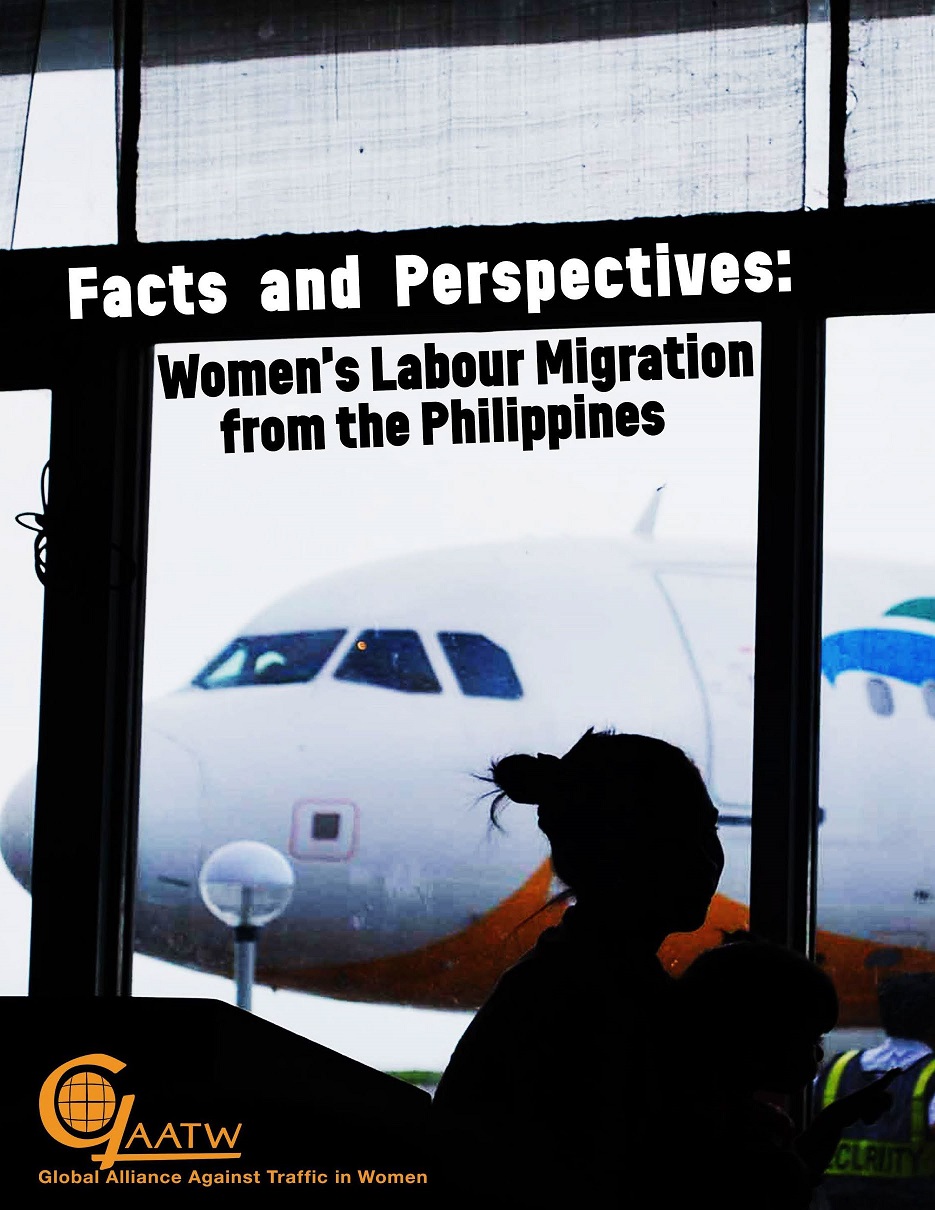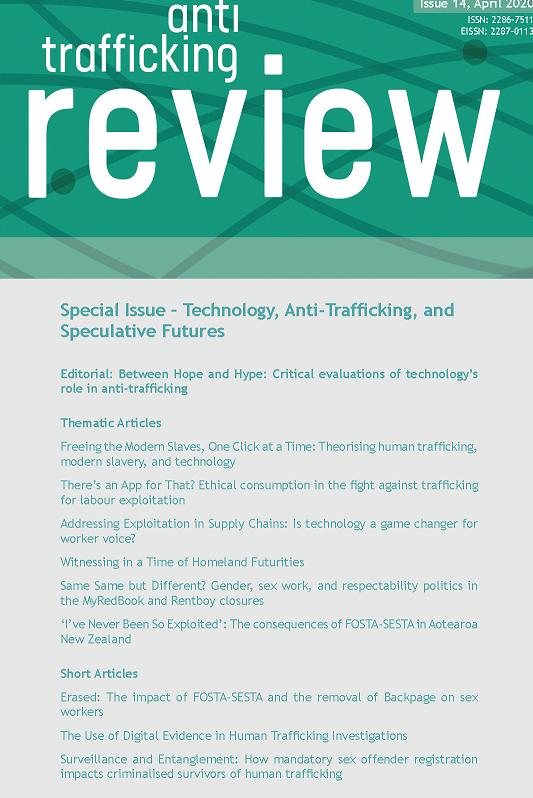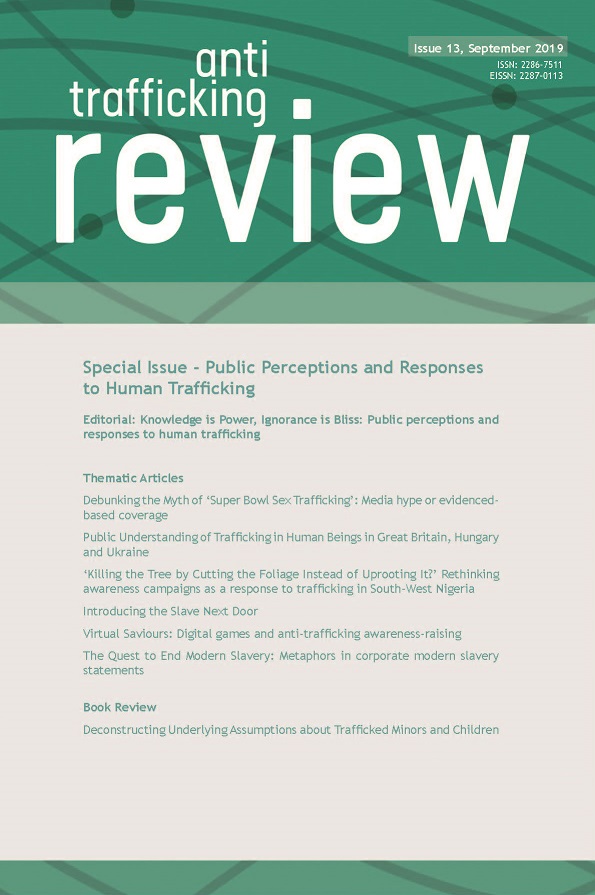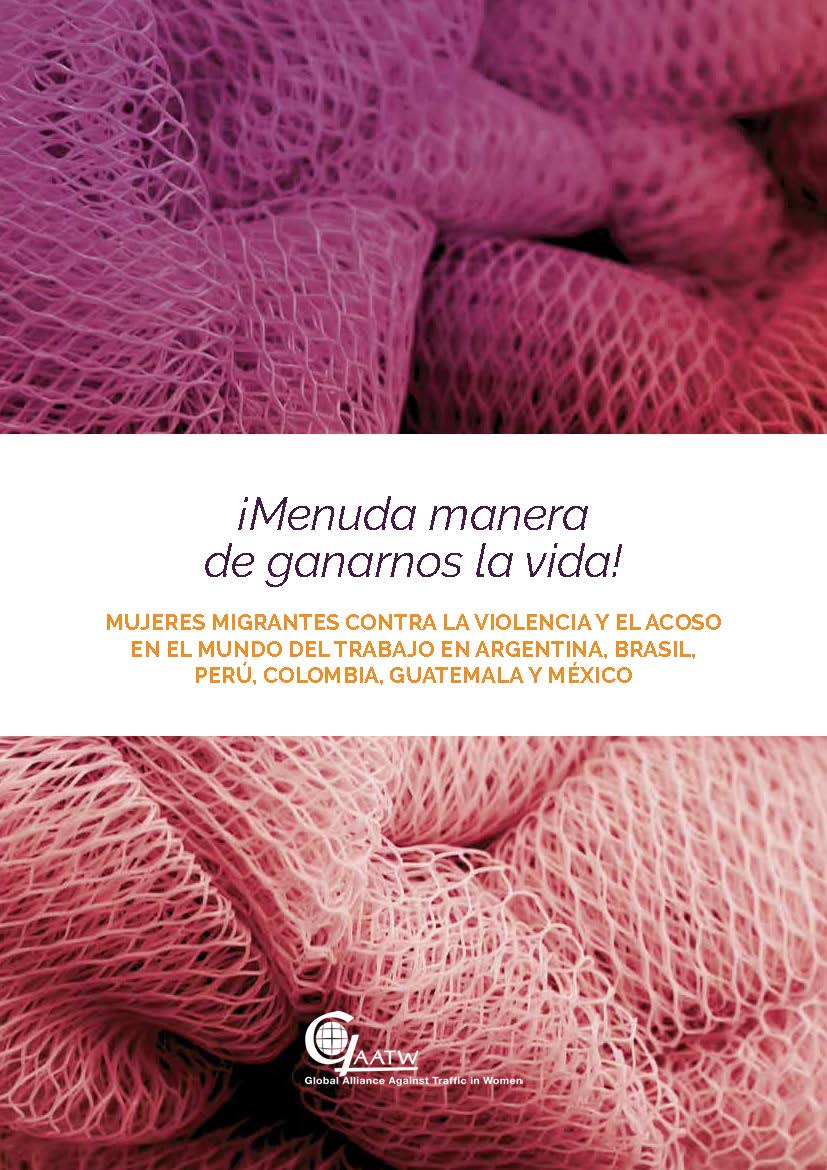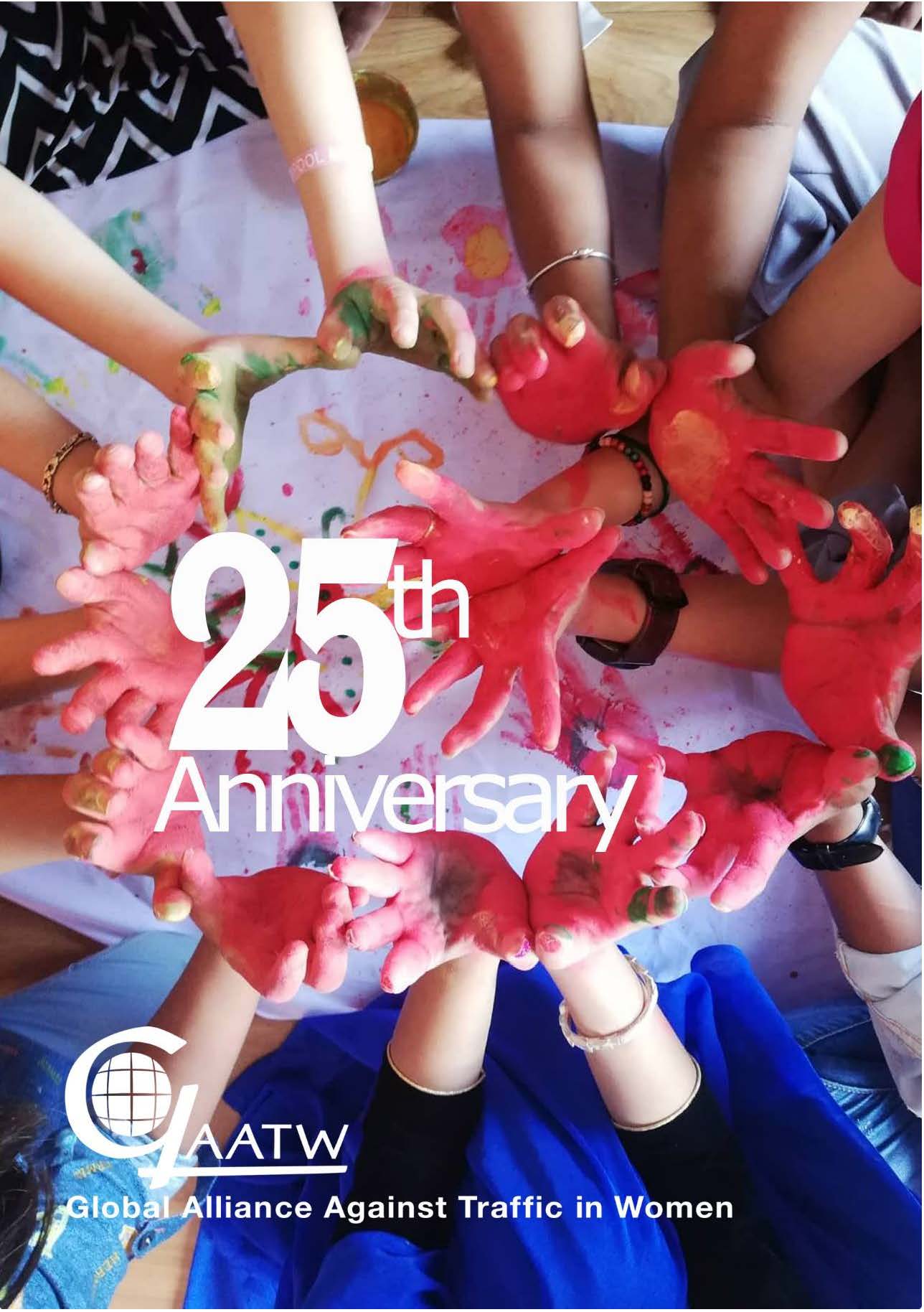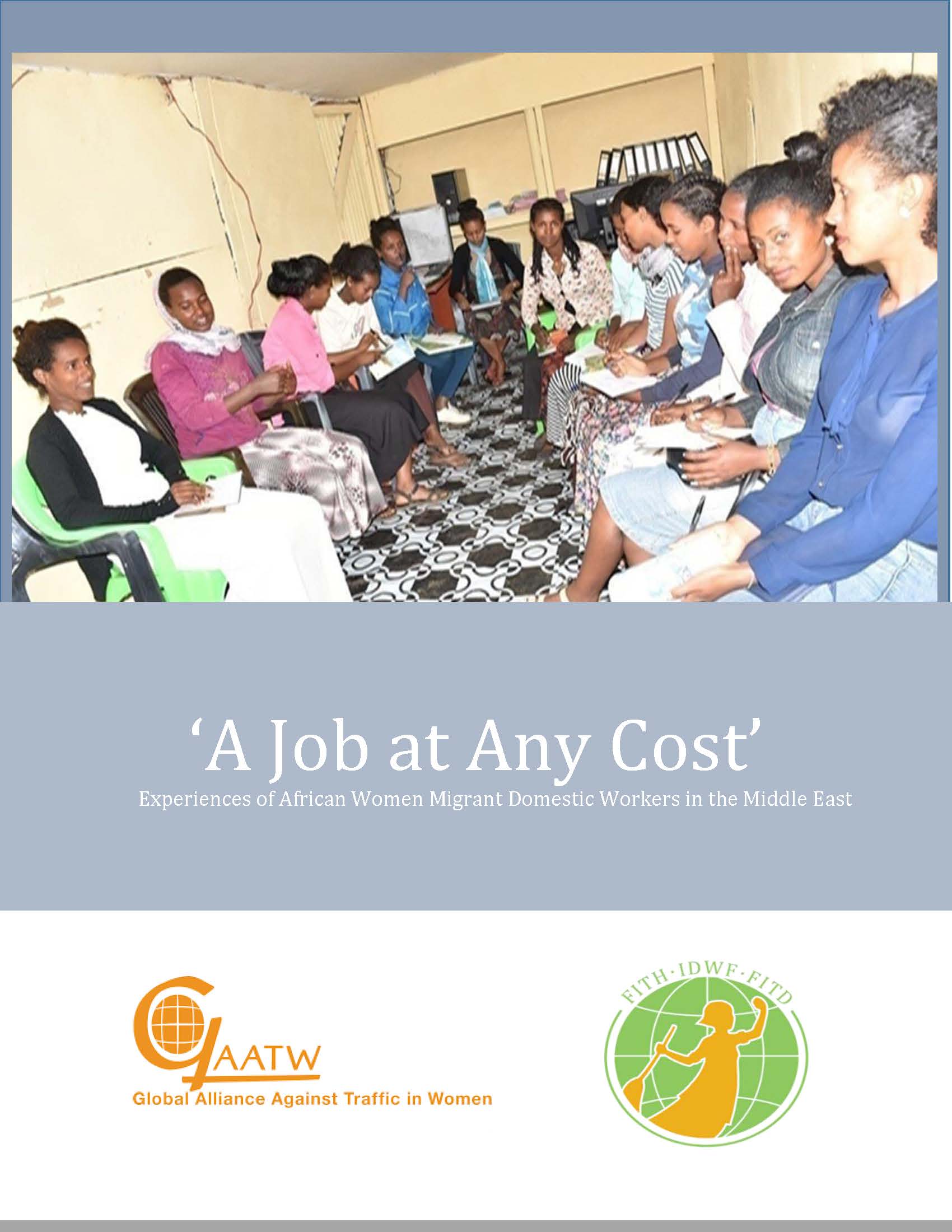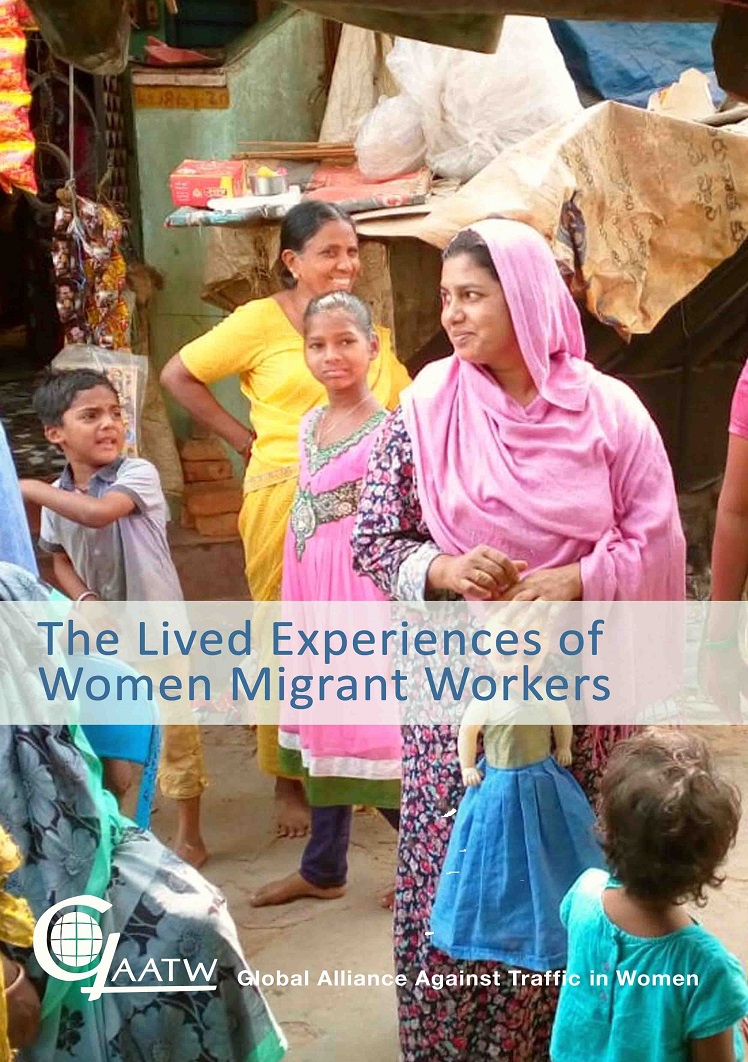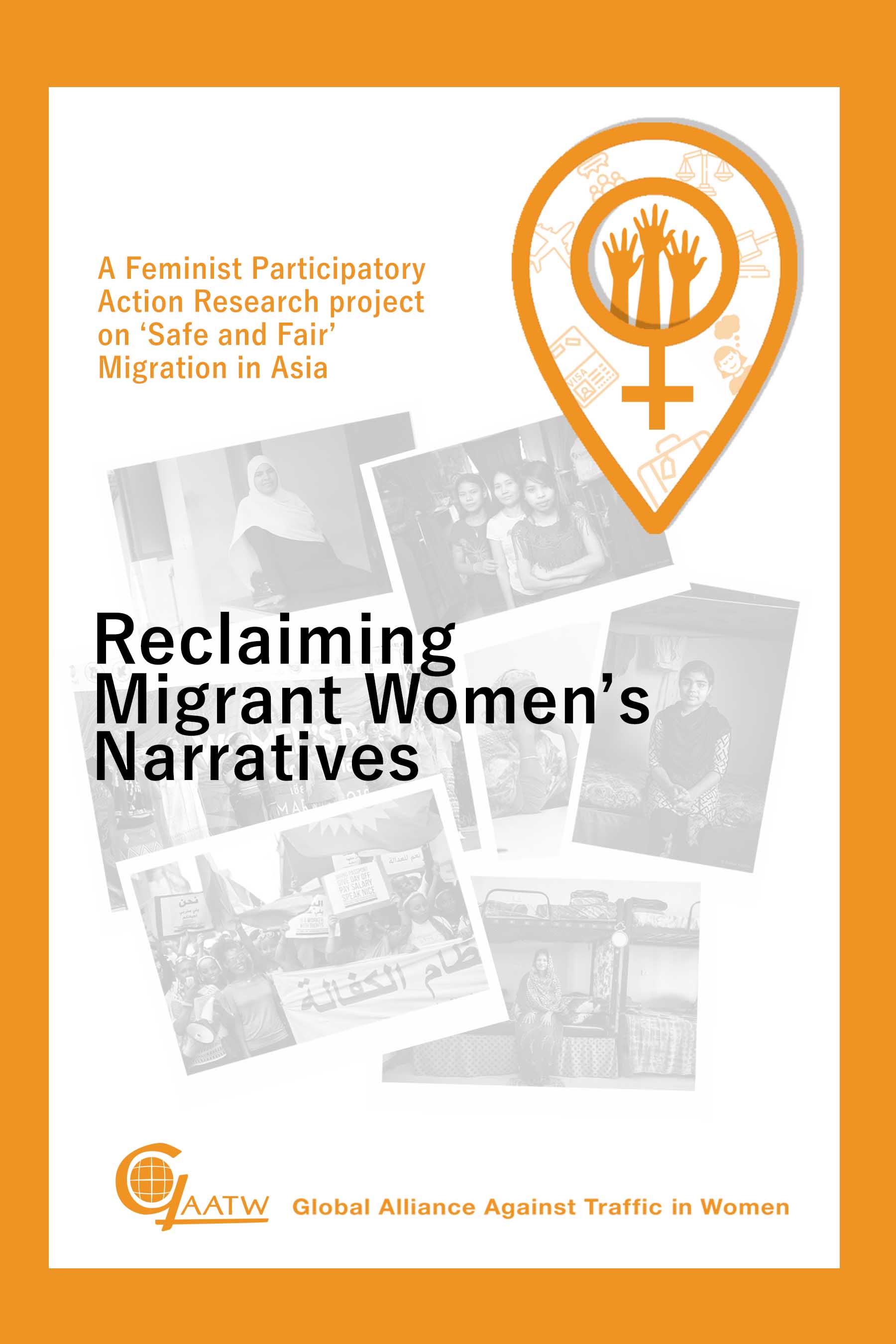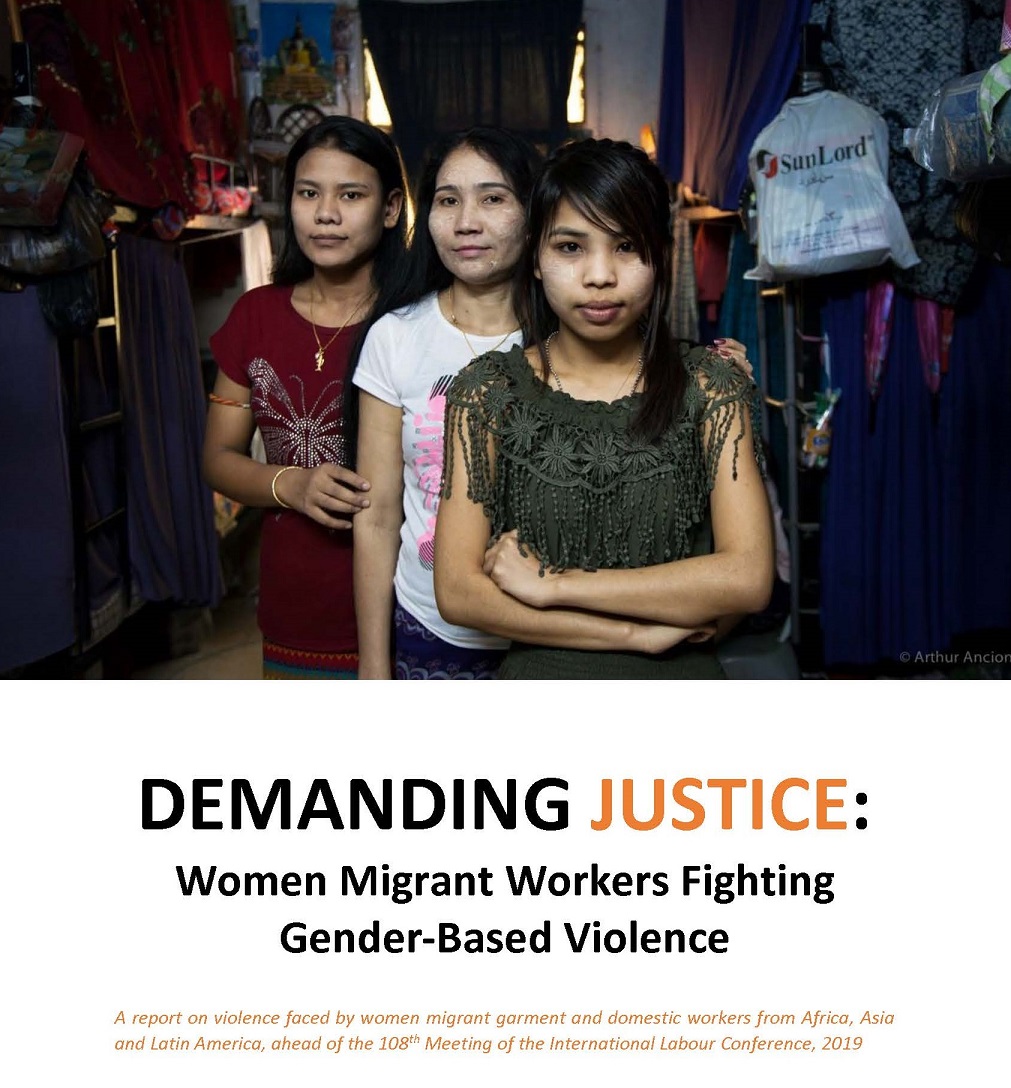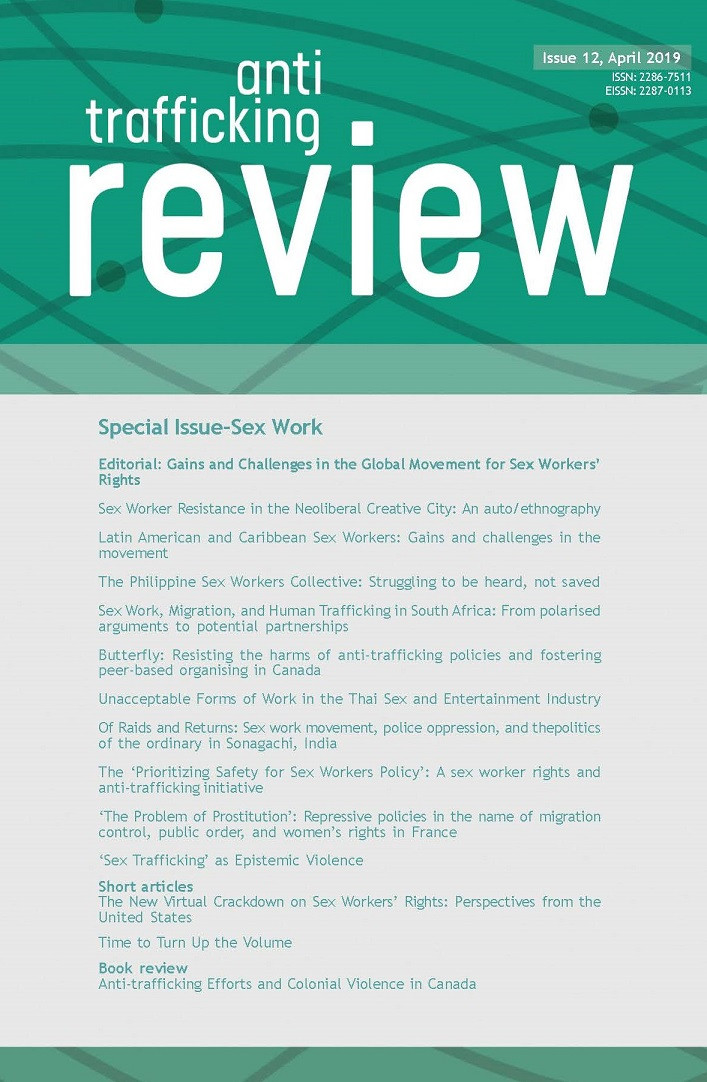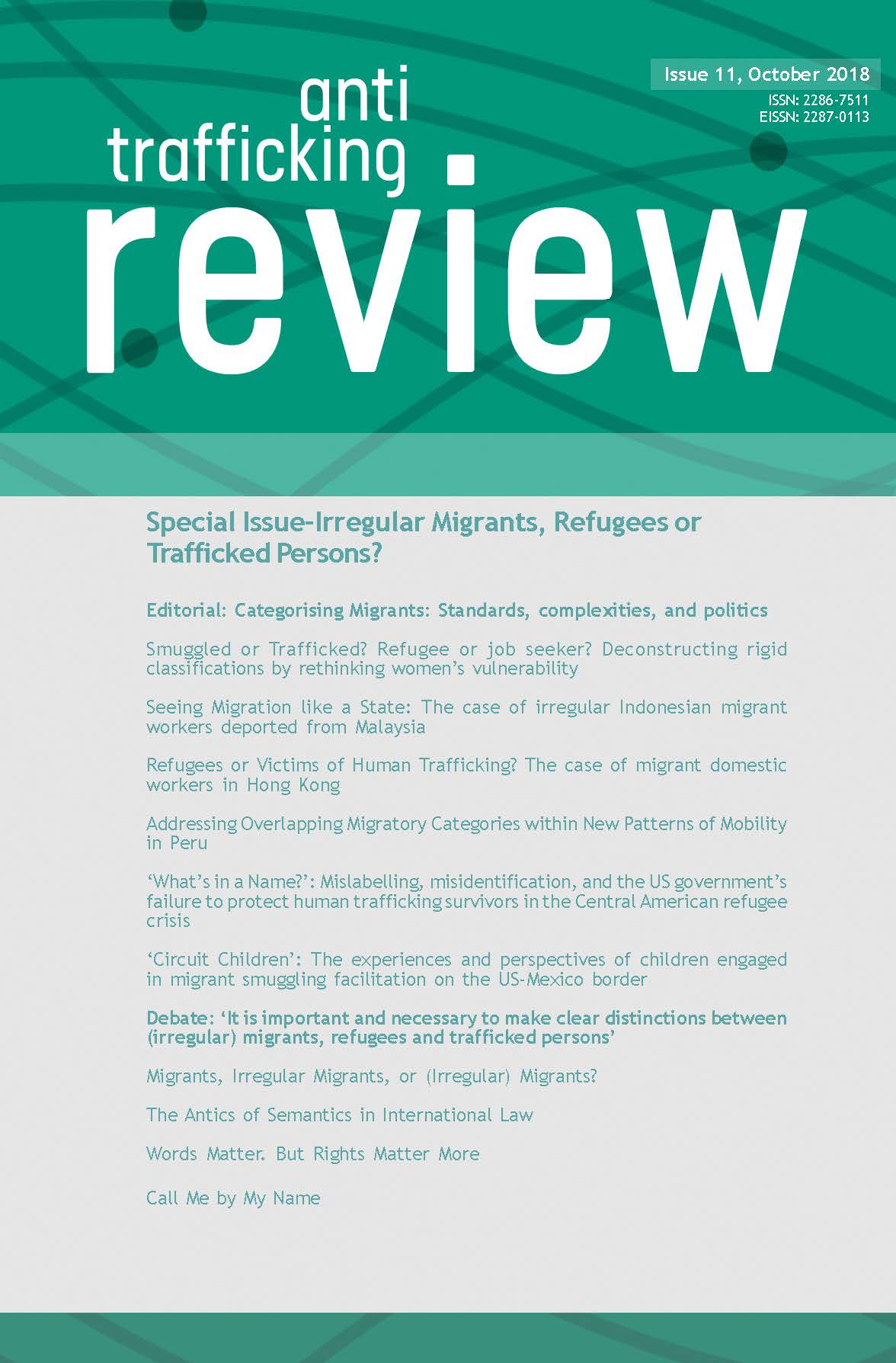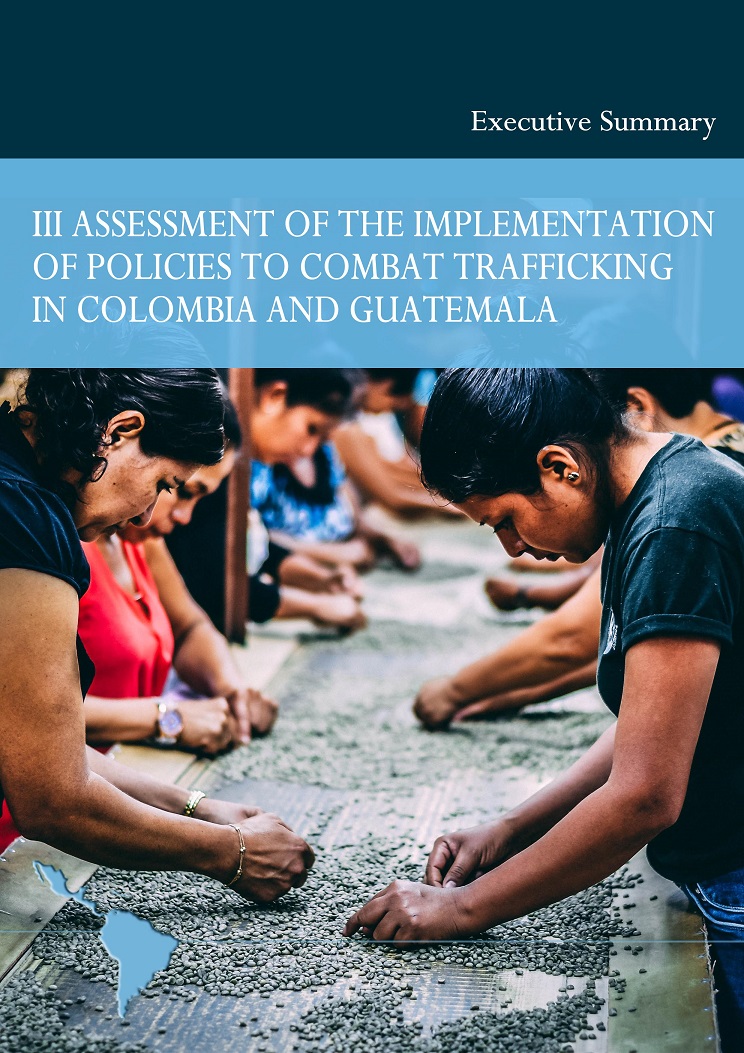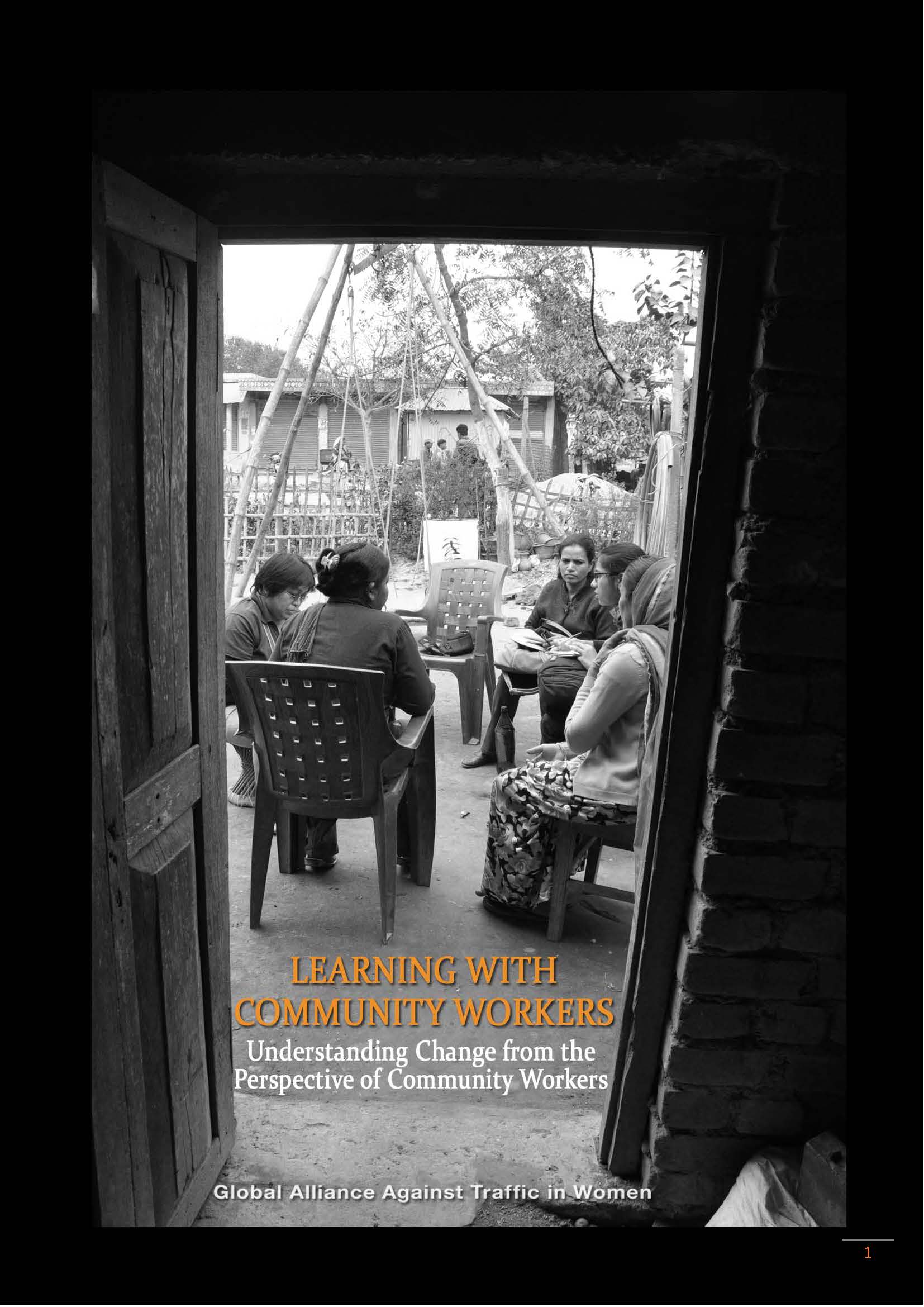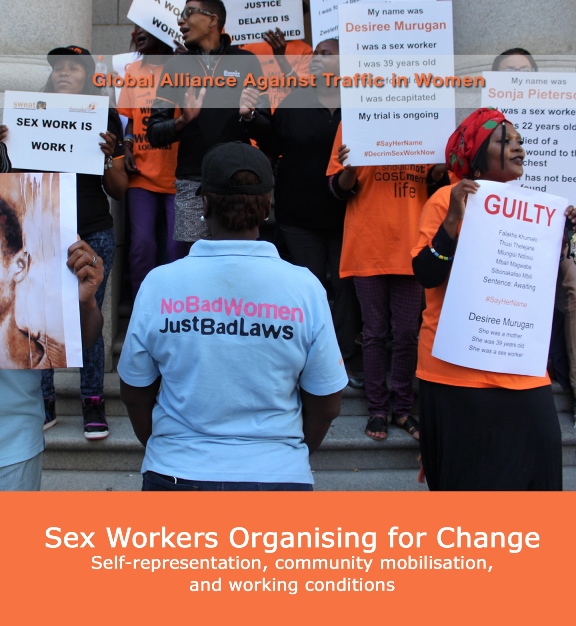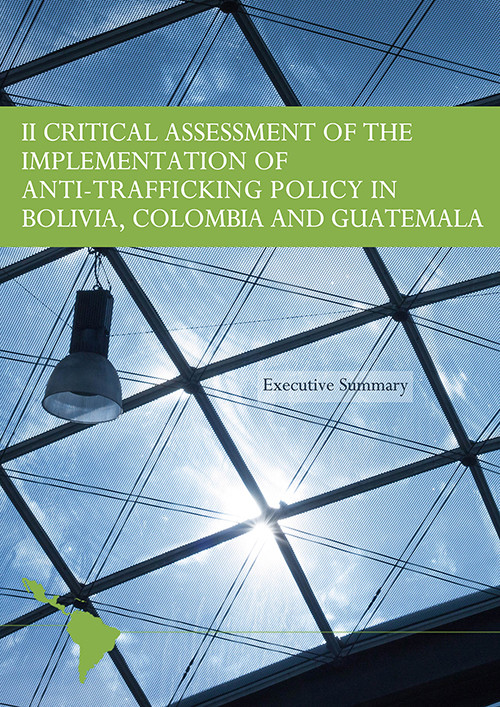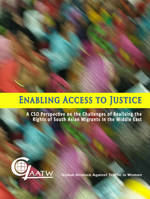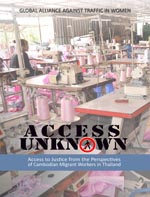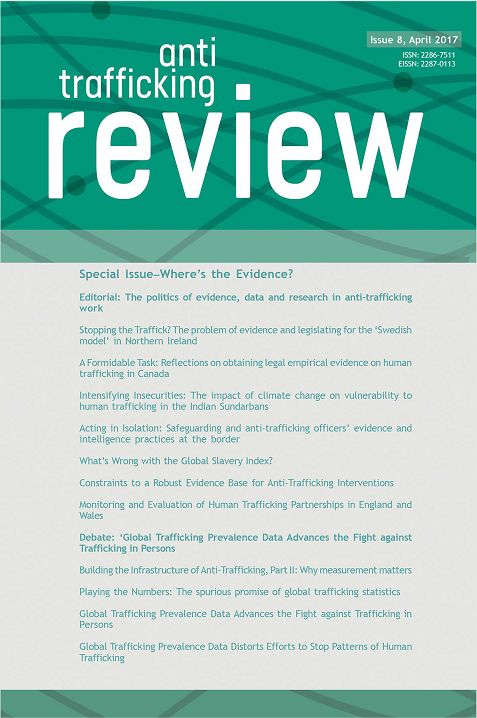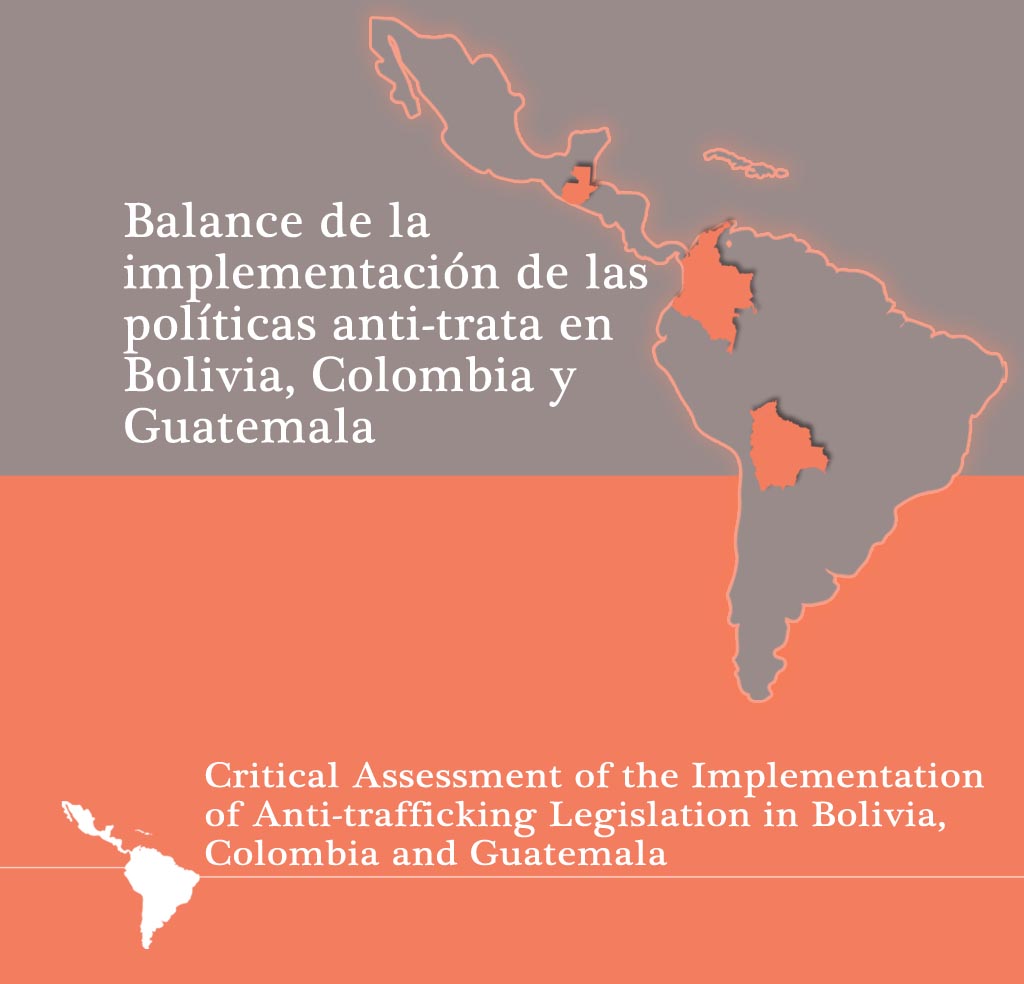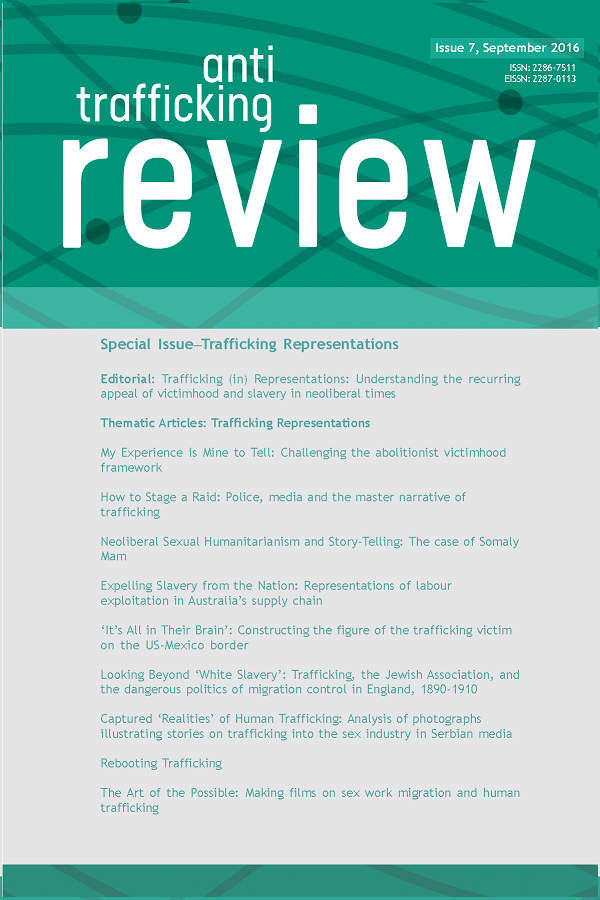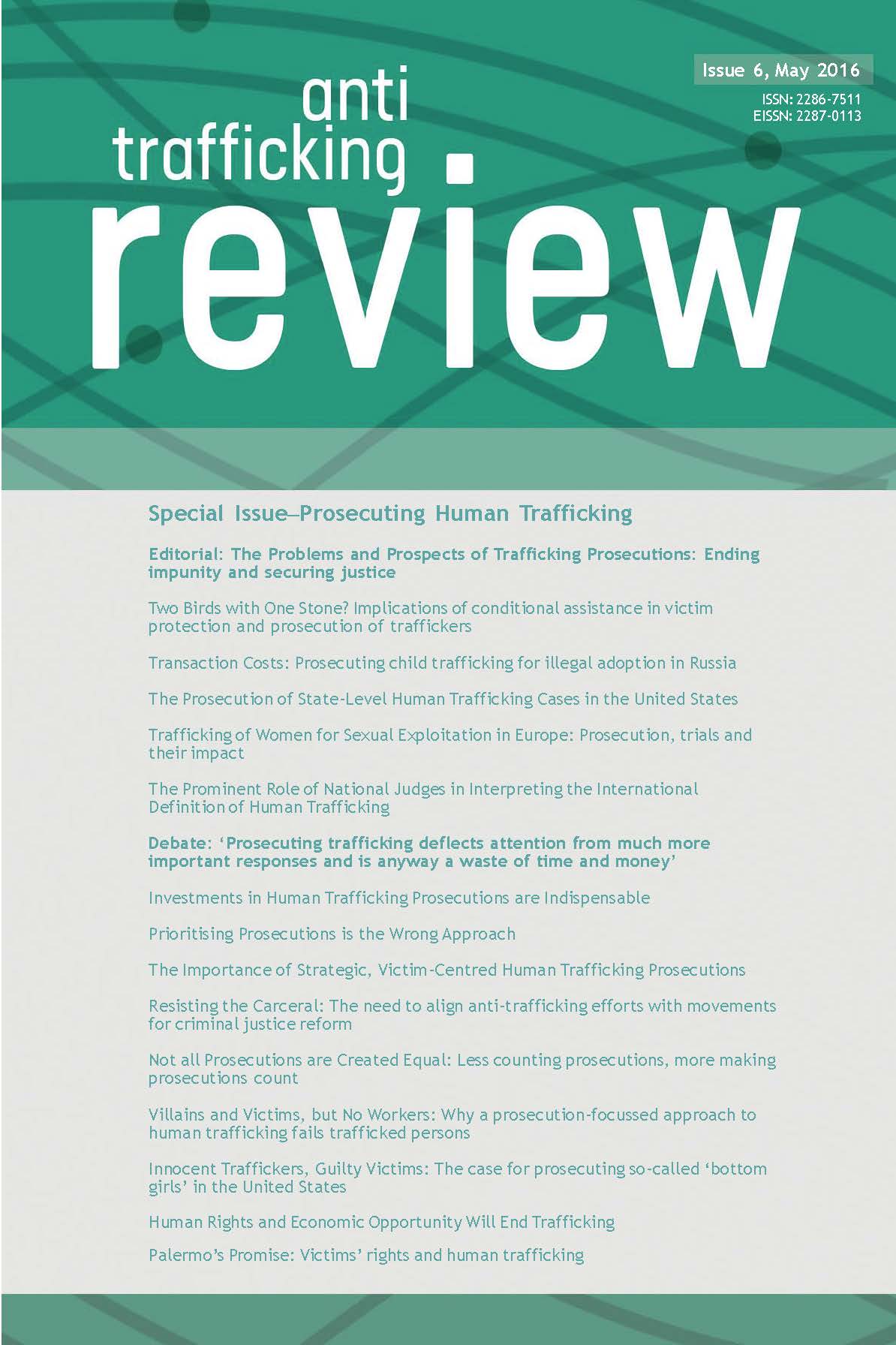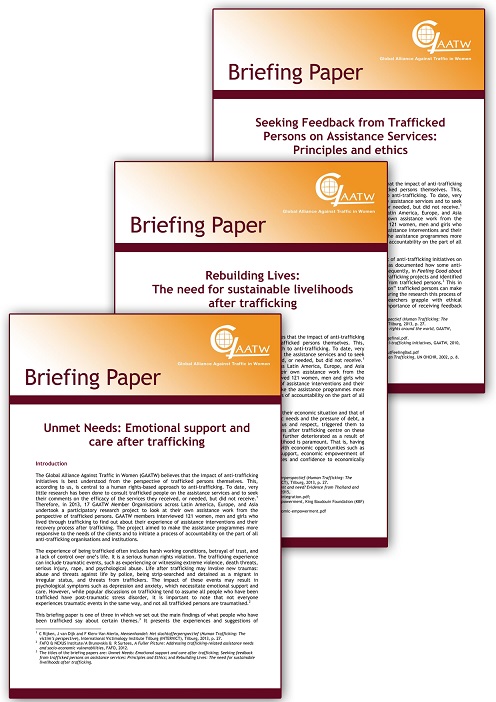E-Bulletin January 2017 - At the beginning of a new year...
Dear friends,
At the beginning of the New Year, we would like to take a moment to reflect on the one that passed. As 2016 was drawing to an end, there seemed to be a widespread consensus that it had been a terrible year.
The war in Syria entered into its fifth year and thousands of people lost their lives, while hundreds of thousands continued trying to flee to safety. As a response to this so-called ‘migrant crisis’, the European Union (EU) struck a deal to return refugees to Turkey and went on to plan similar deals with African nations and Afghanistan, despite the protest of civil society. In India the sudden demonetisation hit poor people the hardest and risks exacerbating poverty and undermining social trust even further. In the Philippines, the newly-elected president encouraged the extrajudicial killings of suspected drug dealers and drug users, with the death toll rising every day. In Latin America, Brazilian president Dilma Rousseff was removed from office after a coup, and throughout the continent leftist governments lost popularity. In Europe and the US, xenophobia and right-wing populism continued to rise, culminating in the two events that shook the world and are likely to have the worst implications for 2017 and the coming years: the UK’s vote to leave the EU and the US vote to elect a xenophobic, sexist and climate change-denying president. Although the impacts of these two votes on migration, human and labour rights around the world are yet to be seen, we have few reasons to be hopeful.
As 2016 was nearing its end, one word was dominating political analyses: post-truth. In fact, it had been used so much around the Brexit and Trump votes, that the Oxford Dictionaries selected it as their word of the year. Used especially in reference to politics, the word is defined as ‘relating to or denoting circumstances in which objective facts are less influential in shaping public opinion than appeals to emotion and personal belief’.
Our little world of anti-trafficking mirrors the larger world of politics and this definition is all too familiar to those of us who’ve been working in the field for many years. In the post-truth politics of anti-trafficking, policy and discourse are shaped by movie stars more than service providers and by sensational media reports more than sound research. When it comes to trafficking, sober reasoning and critical faculties seem to disappear: almost anyone can say almost anything and it will be taken as truth. The more shocking and outrageous it is – the more truthful.
Trafficking (or the more vague but emotionally charged term ‘modern slavery’), we are told, is the second largest form of transnational organised crime, whereby ruthless criminals enslave tens of millions of women, men and children, because there is a high demand for it. Exceptional cases of women and girls abducted by criminal gangs and forced into sexual slavery are presented as the norm. The answer is to create new and more stringent criminal laws, increase penalties and ‘clamp down’ on those organised criminal networks. But the latest UNODC Global Report on Trafficking in Persons, released at the end of 2016, shows that many traffickers come from the same community, and even family, as the victims (i.e. not mafia-like organised crime); 42% of victims were detected within their own country (i.e. not always a transnational crime); trafficking routes follow closely regular migration patterns (i.e. people not abducted against their will). To us this reconfirms that trafficking occurs in the context of migration for labour, whereby opportunistic individuals take advantage of restrictive migration regimes and weak or non-existing labour regulations to take huge profits from other people’s migration and work. Thus an appropriate response would be to establish more regular migration channels and ensure labour protections. But in the post-truth politics of anti-trafficking, ‘clamping down on traffickers’ will somehow improve labour conditions, stringent border controls will ensure a living wage at home, arresting ‘illegal workers’ will save ‘modern slaves’ and criminalising the purchase of sex will open decent work opportunities for women.
Also at the end of 2016, the UN Security Council passed a resolution on human trafficking in the context of armed conflict, linking trafficking to terrorism and suggesting that trafficking can exacerbate conflict. The statement of the European Union further identifies reduction of demand for trafficking as an urgent priority. To be clear, people in conflict are vulnerable to exploitation by opportunistic individuals. But in the post-truth politics of anti-trafficking, the UN Security Council, unable to resolve the Syrian conflict or even ensure the delivery of humanitarian aid, resolves unanimously to address trafficking – not the conflict. And the EU tells us that the ‘demand for trafficking’ in the context of conflict needs to be reduced – not the conflict itself – as if a ‘demand for trafficking’ created or sustains the Syrian conflict. Meanwhile the EU’s claim that it is honouring its responsibilities to refugees is woefully undermined by the its treatment of refugees, which was responsible for nearly 5000 deaths at sea in 2016 and the very vulnerability to trafficking that the EU is claiming to want to address…
Trafficking discourse has become completely depoliticised, disconnected from issues of migration, labour and rights. The calls for ‘clamping down’ on traffickers and eradicating ‘modern slavery’ make no mention of the role of states or corporations with a vested interest in sustaining human exploitation. In fact, in the post-truth politics of anti-trafficking, corporations are cast as an ‘invaluable partner’ in eliminating the very conditions that have allowed them to acquire and increase their obscene wealth.
…
Dear friends, it is clear that in the post-truth politics of anti-trafficking, a sober, critical voice is needed more than ever. We need to challenge governments and international institutions to rethink their anti-trafficking, migration and labour policies. We also need to challenge the media and our friends in the NGO community about the use and abuse of sensationalistic claims and disempowering stories. We need to shift the discourse away from the deviant practices of individuals and groups and focus on the broader socio-economic and political environment that encourages and sustains exploitation. We need to support our sisters and brothers across the globe struggling for equality and justice in the face of xenophobia, exploitation and neoliberalism.
These are daunting tasks but we are not alone. We draw, and will continue to draw, immense inspiration and knowledge from our members who provide direct assistance to trafficked persons and migrant workers. In 2016 we worked with members and partners in Bolivia, Colombia and Guatemala to review the implementation of anti-trafficking measures in their countries and hold their governments accountable. We supported journalists from South Asia to write articles about female labour migration in a rights-based, strength-affirming way. We also supported community leaders in South Asia to bring the issue of safe migration in their work with women in rural communities. We built and strengthened alliances with women’s, migrants’, labour and human rights organisations to ensure that trafficked persons can access justice more effectively. We reaffirmed our support for workers in the formal and informal economy, for domestic workers, sex workers and migrants. Much of this work will continue in 2017. With the help of our allies in the academic community, we published two issues of the Anti-Trafficking Review, looking at the challenges and (limited) successes of trafficking prosecutions and at the popular representations of trafficking and its victims that persist in public and policy discourse. This year the ATR will explore the evidence that is used to inform anti-trafficking policy and practice and the lessons that history might hold for present-day anti-trafficking activism. We are also very excited about a new partnership with Beyond Trafficking and Slavery to organise conceptual clarity workshops for members, partners and the anti-trafficking community.
Challenging the post-truth politics of anti-trafficking is not easy but we are not giving up; we will continue, with the help of our members and allies, as we have done in the past 22 years.
We wish you a peaceful, happy and successful 2017!



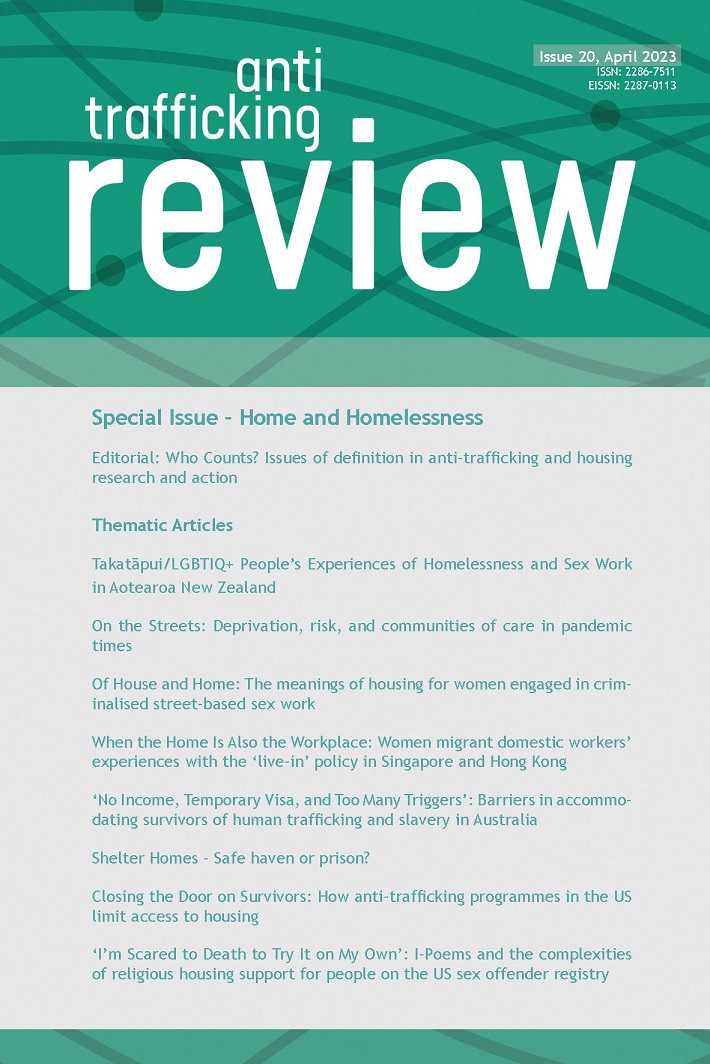
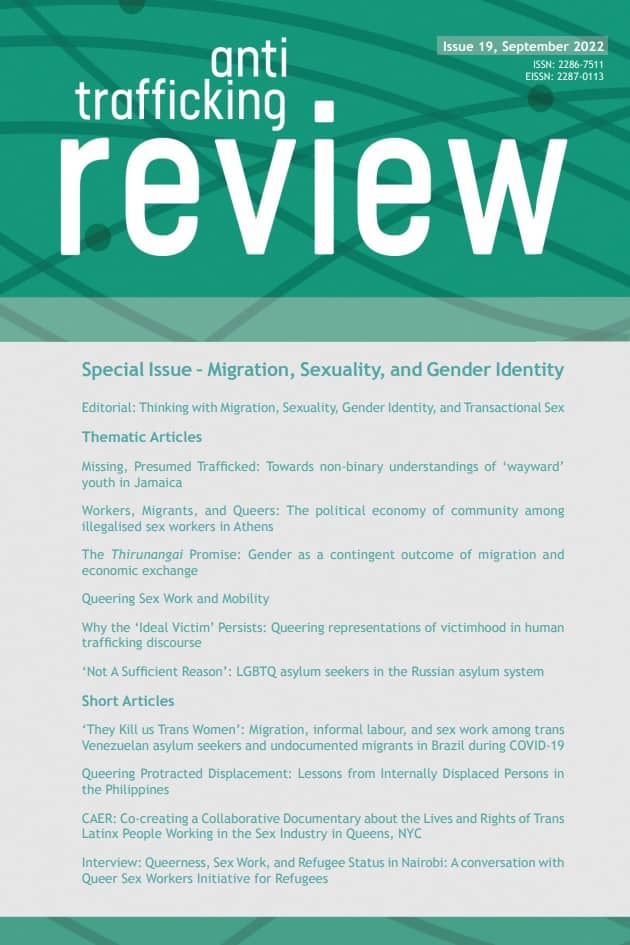
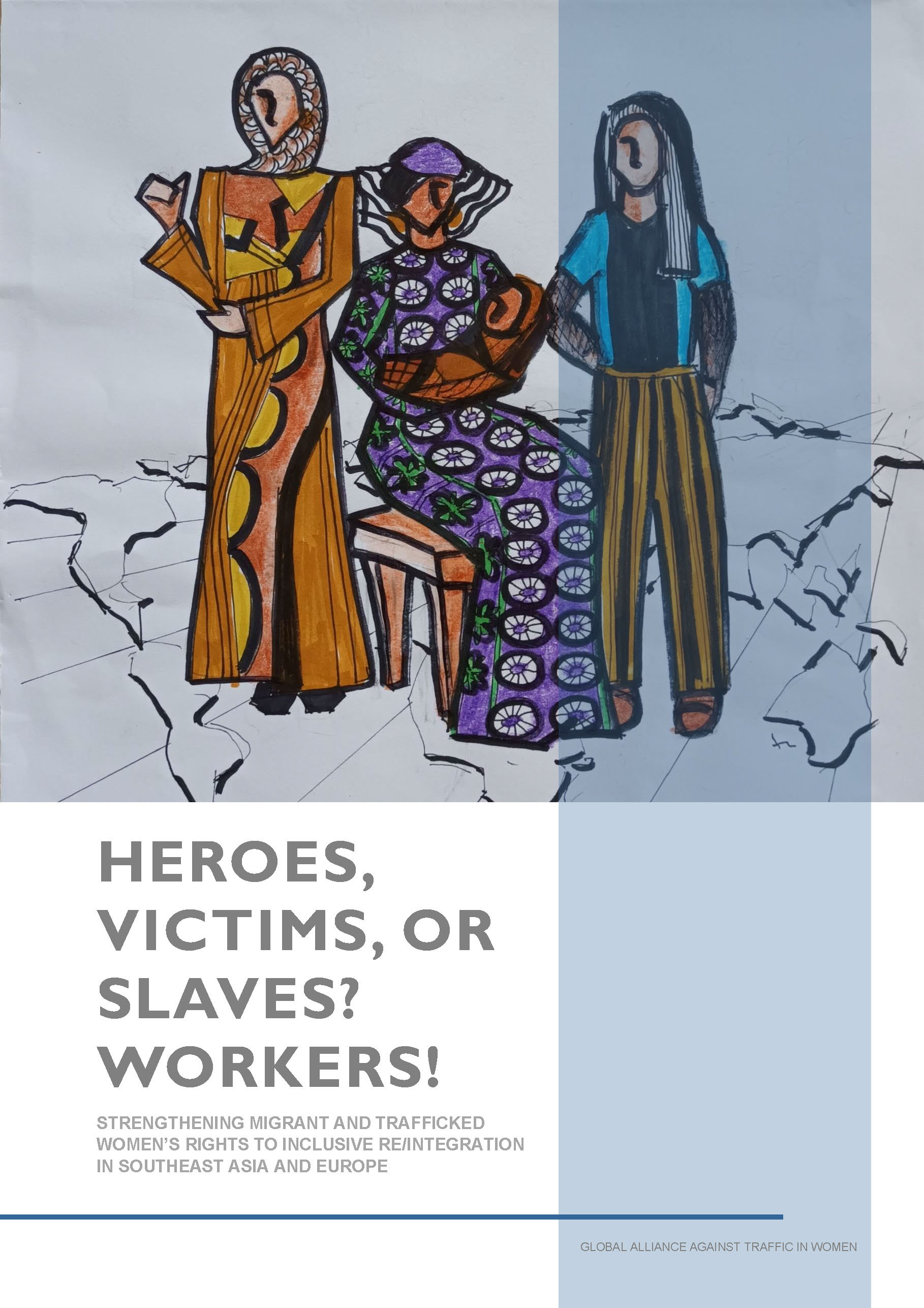
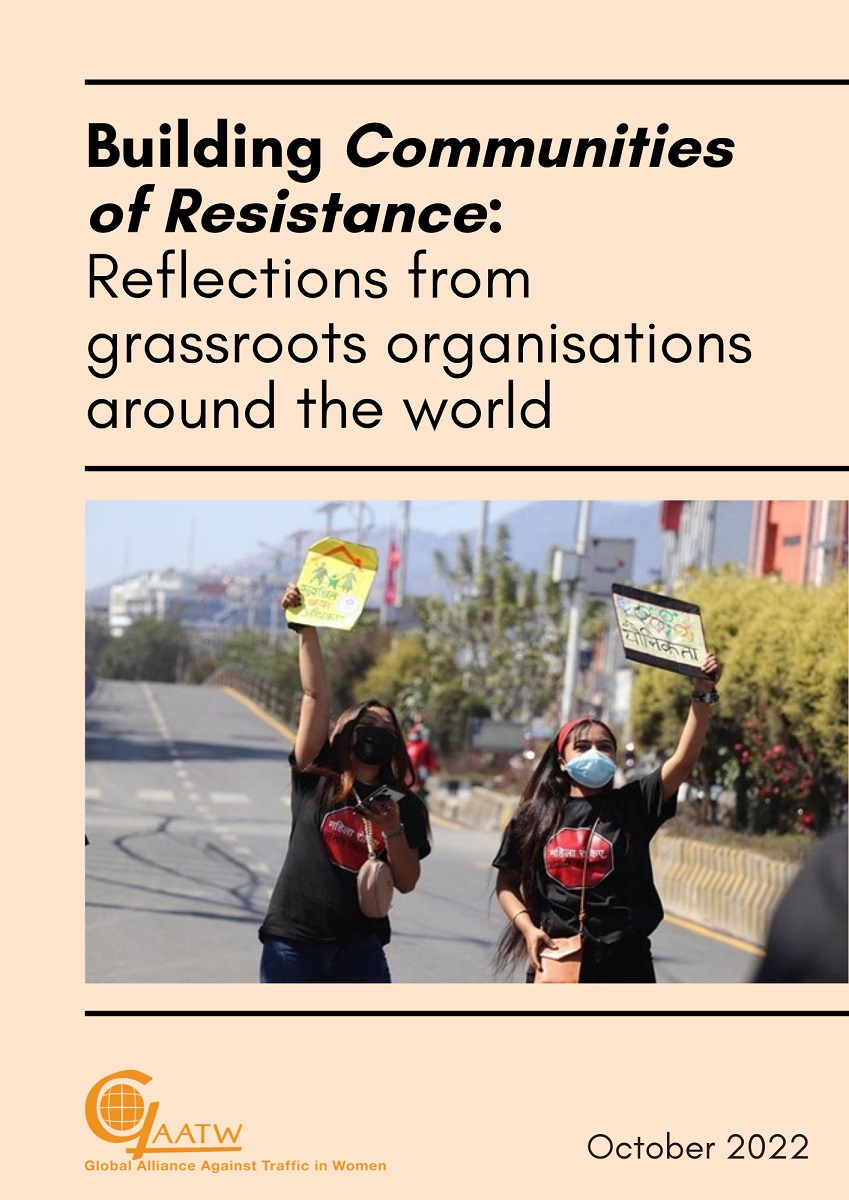
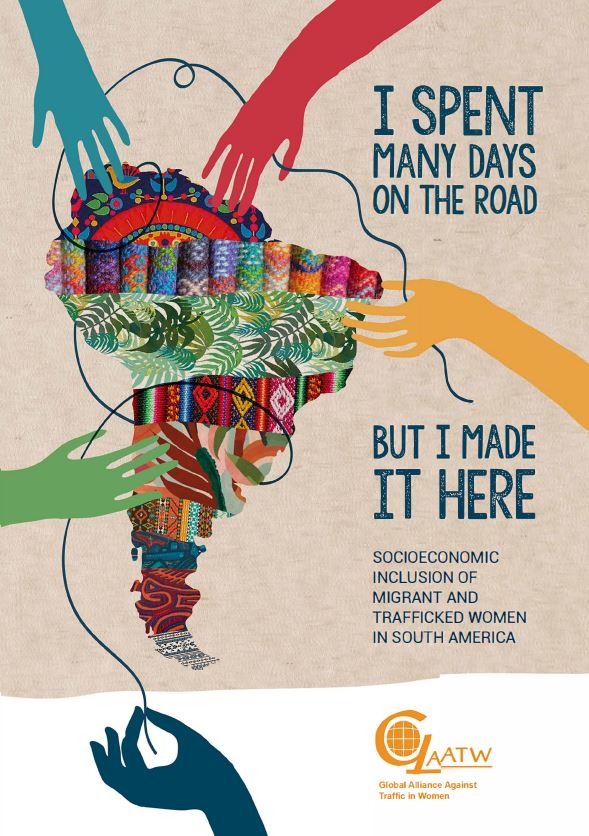
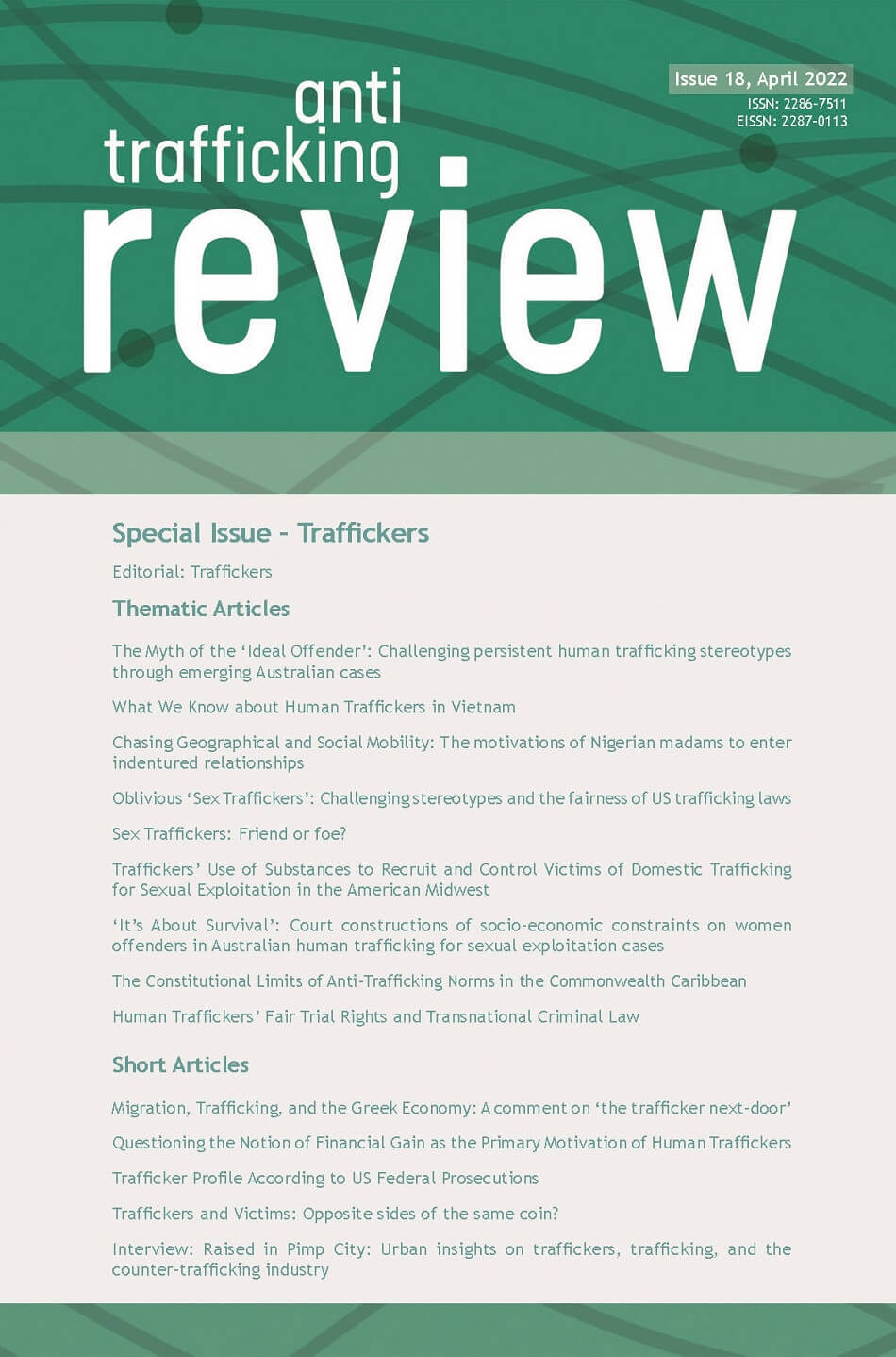
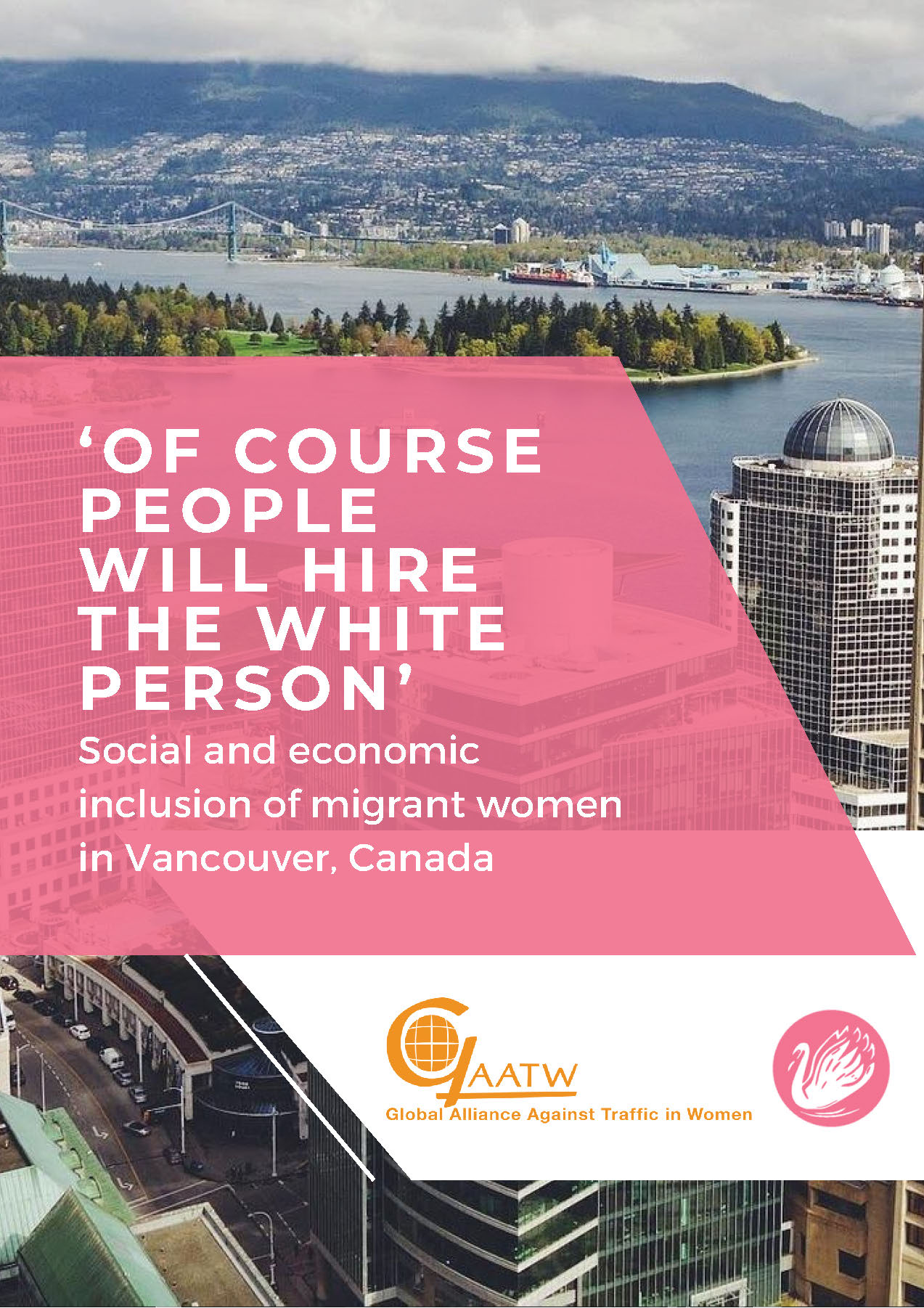
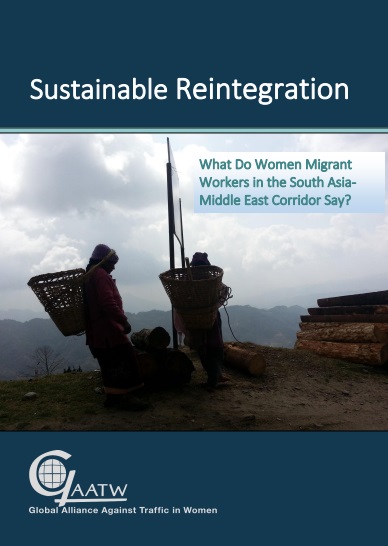
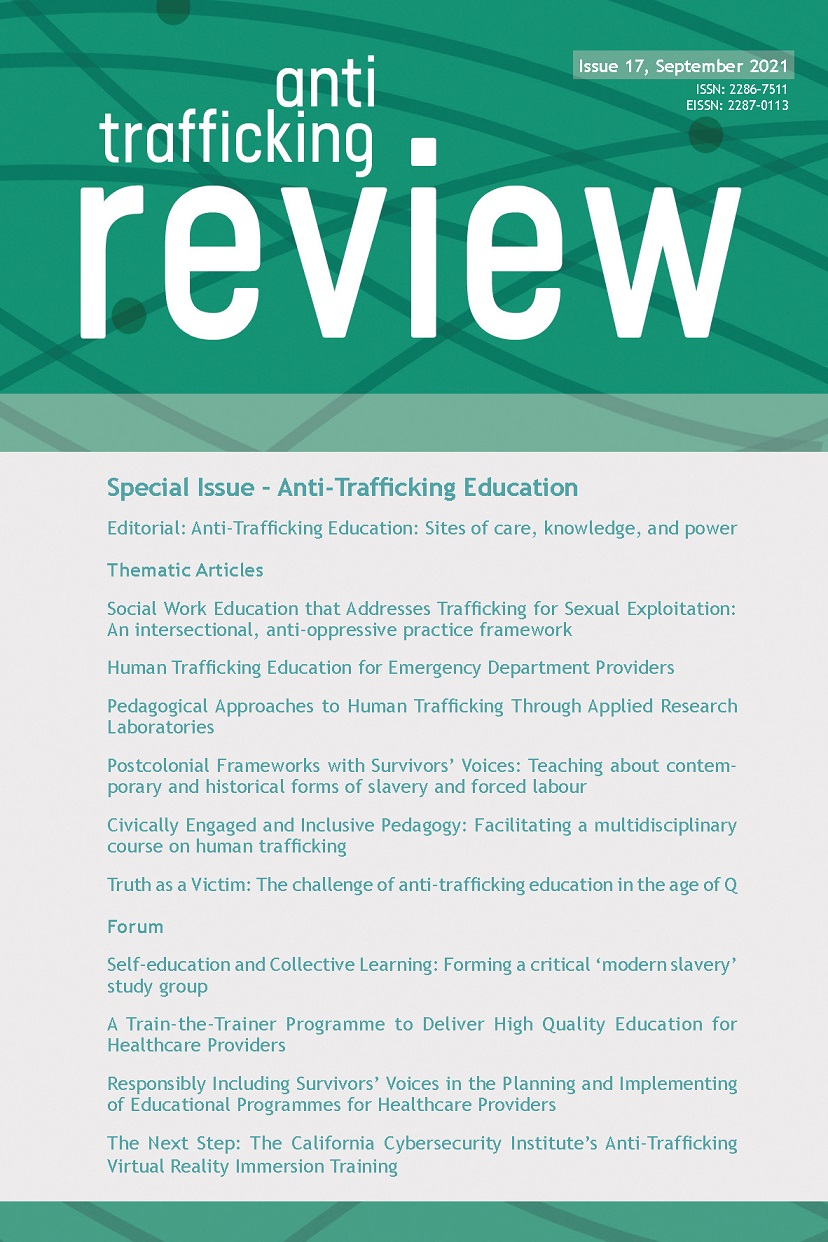
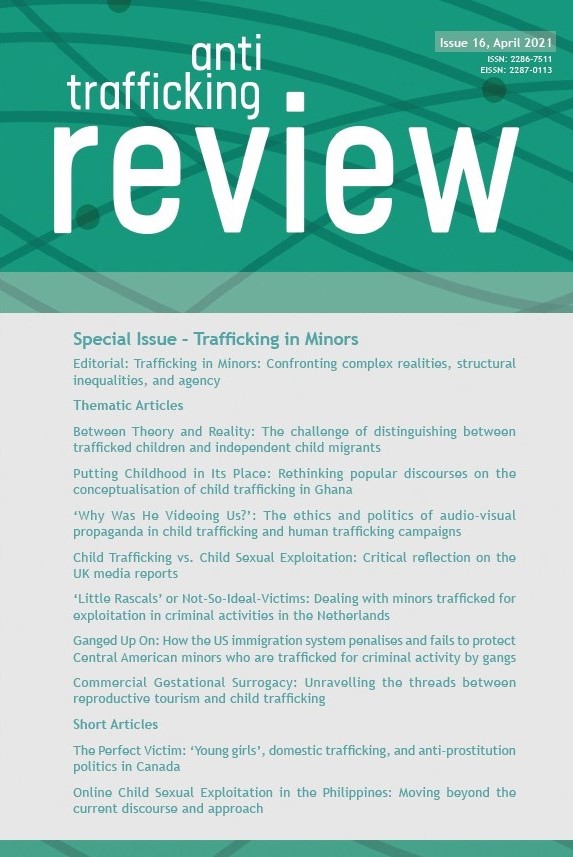
.pdf - Adobe Acrobat Pro 2_8_2021 4_36_32 PM.png)
